Meet Punjab’s Hero IAS Officer Battling Crop Burning, Corruption & Adulteration
For the 1990-batch Punjab Civil Services officer, who was promoted to the IAS in 1996, the reputation is one of honesty, fearlessness and a stickler for rules and their implementation.
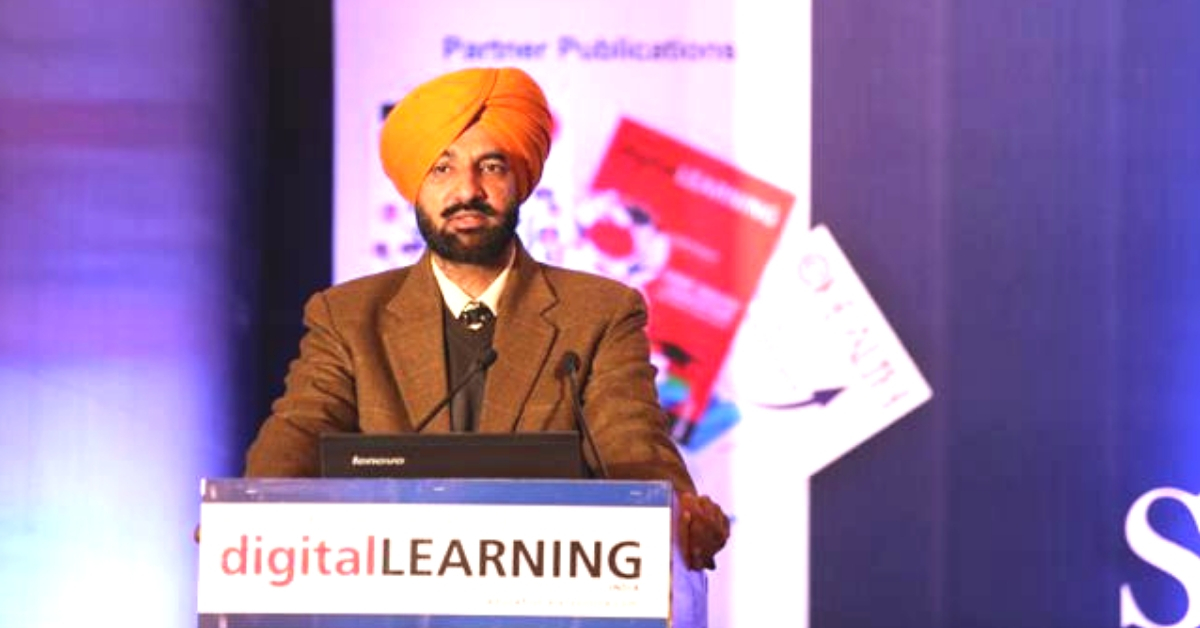
Through their honest labour and ingenuity, many civil servants have initiated or brought a demonstrable difference to the lives of their constituents. In the mainstream media, you don’t often come across these stories, but it’s imperative to understand their struggles and the institutional challenges that stand before them in the honest execution of their duties.
Once such civil servant is Kahan Singh Pannu, an IAS officer from Punjab, who has many notable achievements to his name. Some of them including finding a solution to the problem of crop burning among the state’s farmers, resolving the dropping groundwater level concerns, exposing a scam in the education department and cracking down on the adulteration of milk, among others.
For the 1990-batch Punjab Civil Services officer, who was promoted to the IAS in 1996, the reputation is one of honesty, fearlessness and a stickler for rules and their implementation.
Currently posted as the Chairman of the Punjab Pollution Control Board, Pannu is leading the charge against crop burning, which many have blamed for exacerbating the deadly smog in the national capital during the winter months.
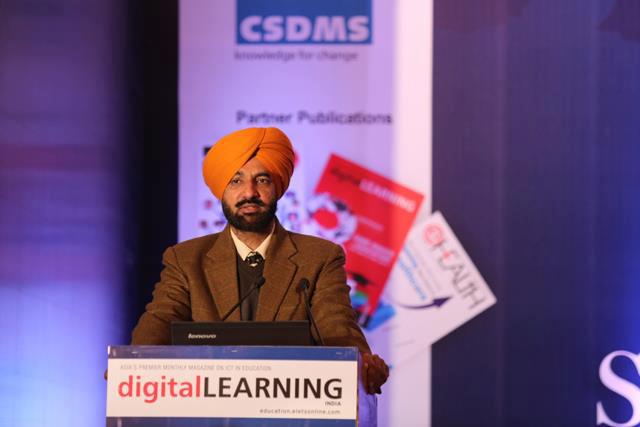
According to a recent Harvard University study half of Delhi’s air pollution, particularly in the winter months (October-November) is a result of crop burning in Punjab and Haryana.
Traditionally most of the crop residue left behind by the paddy harvest is burnt in the months of October-November, quickly preparing the ground for sowing the next winter crop. A scientist employed by the Union earth sciences ministry pegs that figure at 70%.
Although Pannu believes that the smog in the National Capital Region has very little to do with the practice of crop burning in Punjab and Haryana, he understands that the practice is unacceptable and burning million metric tonnes worth of paddy straw does have serious environmental consequences for locals there.
Instead of blaming farmers for the problem (the state government has introduced rules levying fines on those who continue to practice it), Pannu believes that the government must provide them with alternatives.
“Solutions, like collecting it and turning it into biogas, or selling it to cardboard factories, are expensive and time-consuming,” says Pannu, in a conversation with The Print.
“The farmer has only a three-week window to prepare his fields for wheat cultivation and, for him, lighting it up is quick and only costs a matchstick.”
Instead, the IAS officer believes that the solution lies with in situ management of crop residue, a plan backed by the Central government.
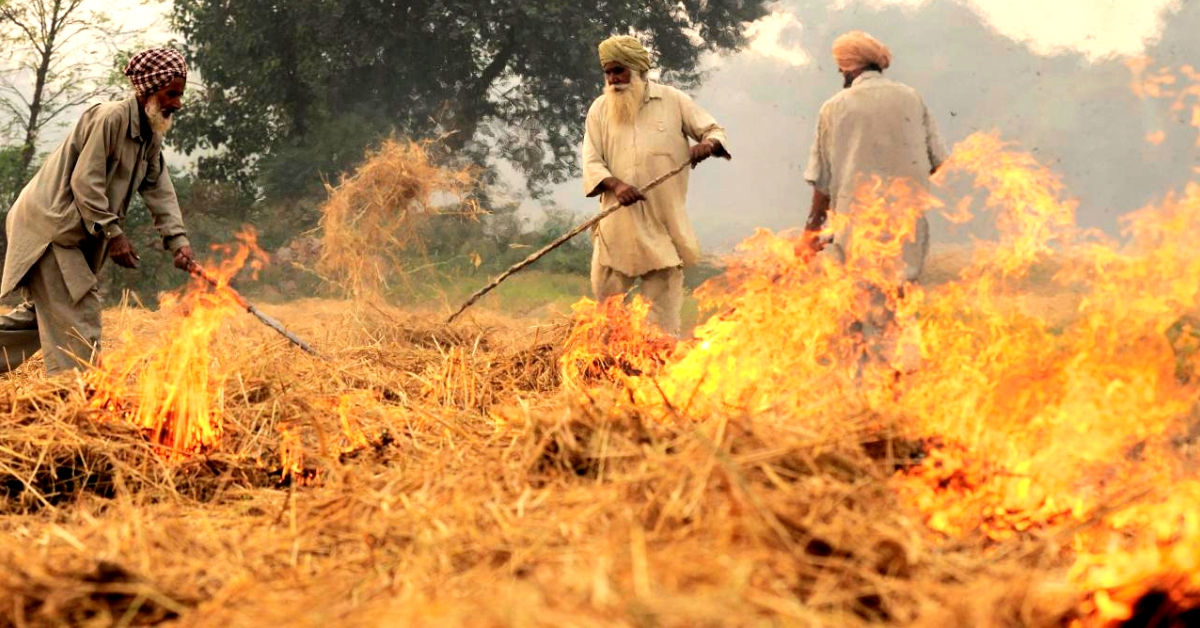
This plan involves individual farmers and village cooperative societies purchasing subsidised equipment that will assist them with mixing that crop residue into the soil. “A 50 per cent subsidy is being provided to individual farmers and 80 per cent to cooperative societies. In all, almost 25,000 machines will be supplied to farmers and cooperative societies this season,” he says.
Through extensive public campaigns against crop burning and teaching them in situ crop management techniques, the Punjab government is quietly succeeding in tackling this problem. While the number of paddy straw burning incidents have fallen from 81,000 in 2016 to 44,000 in 2017, Pannu tells The Print that his administration will look to further reduce it to 22,000 this year.
As chairman of the PPCB, this IAS officer fearlessly took on a powerful liquor contractor Jasdeep Kaur Chadha, whose sugar mill in Gurdaspur was responsible for the leaking 10,000 litres of molasses into the Beas River. Among other things, Chadha is related to Paramjit Sarna, who advises current Chief Minister Amarinder Singh on religious affairs.
Despite apparent pressure from many in the establishment, the sugar mill management was served with a Rs 5 crore fine, besides facing legal criminal proceedings.
Also Read: What Should The Future of The IAS be? Here’s What Officers Have to Say
“Beas river is the only living river of Punjab, and any environmental damage to this river has to be viewed very seriously by the state and society. Moreover, the polluted water of the river created anxiety and fear in the minds of the people, and therefore the state government has to work overtime to ensure that no loss of human or animal life happens,” said Pannu, according to the Hindustan Times. “Ecological degradation caused by the incident shall take years to regenerate the ecology of the river,” he added.
Not many remember the last time an industry in Punjab was slapped with such a massive fine for causing pollution. ,
However, this isn’t the first time he has dealt with water-related environmental concerns. It was during his first tenure as agriculture secretary when he came up with an interesting strategy to tackle the depletion of groundwater, which many in the state attribute to the early sowing of the staple paddy crop. As agriculture secretary, he presented a strategy whereby farmers wouldn’t be allowed to sow the paddy crop before June 10.
“Early sowing led to use of groundwater before it could be recharged, pushing it down further. Later the date was moved ahead to June 15, and this year it was June 20,” says the IAS officer, speaking to The Print. Although many farmers opposed the move, Pannu believes that the initiative was a success this year barring a few against whom the state took disciplinary action.
Despite these initiatives that don’t seem entirely popular at the outset, he has received the backing of Chief Minister Amarinder Singh. Pannu is currently heading what many have called the chief minister’s pet project called the Tandrust Punjab Mission.
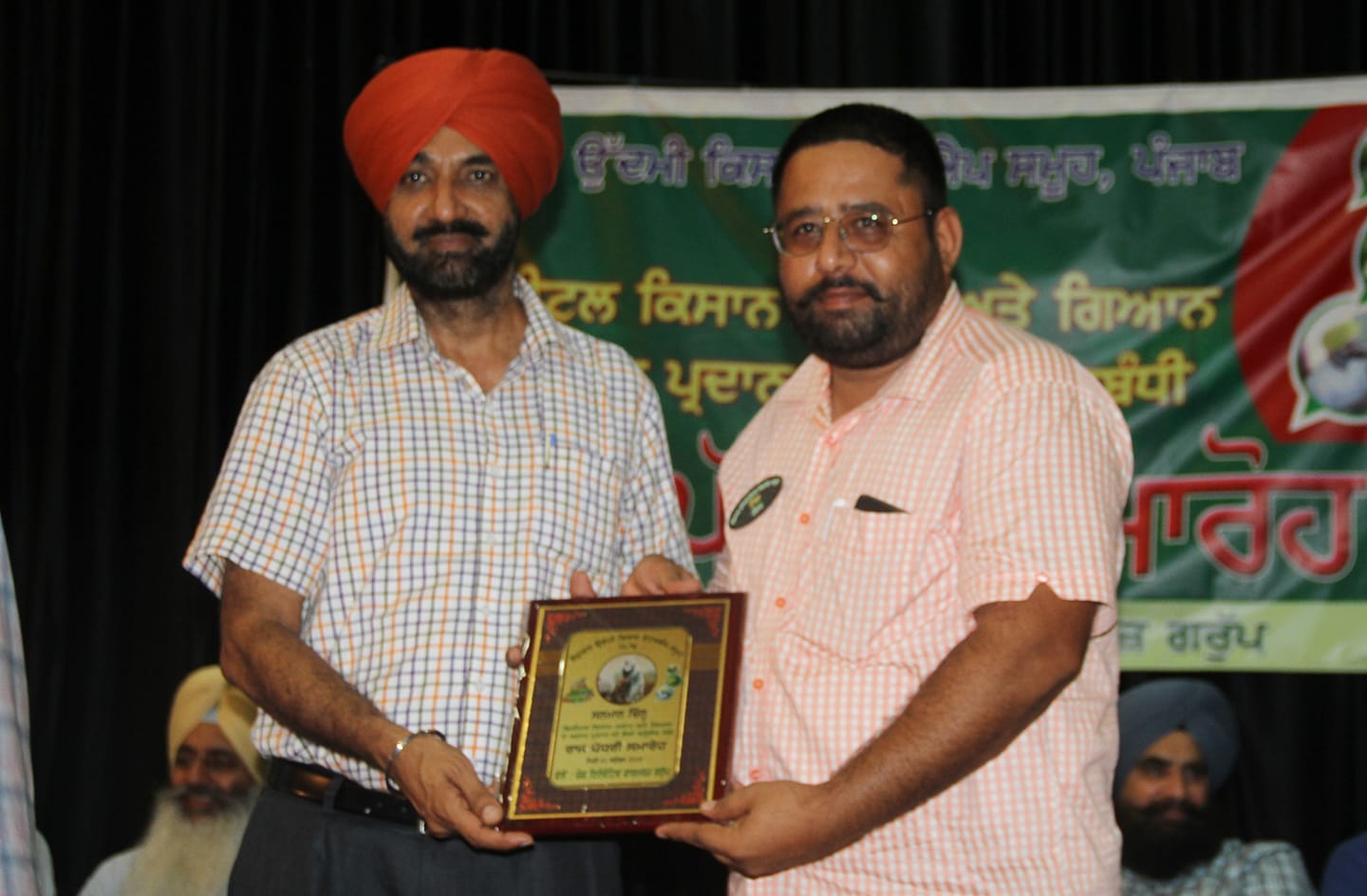
It is an extensive inter-departmental effort towards improving the state of civic governance—provision of clean air, safe drinking water, adulteration-free food, milk and other such products, besides mobilising citizens into leading healthy lifestyles.
“The decision to launch such a mission was felt after isolated efforts by different organs of the state machinery failed to yield the desired results despite having various laws in place,” according to this Indian Express report.
One of his first targets were sellers of adulterated milk. From the 6,000 samples of milk collected from across the state, 3500 were found to be adulterated. Many dairy farmers and milk sellers in the state have been found to inject oxytocin into their cattle so that they produce more milk.
The government has now banned the use of oxytocin. Besides, the Tandrust Mission initiative has taken on the sale of crop fertilisers laden with chemicals and other adulterants and is working towards setting up waste treatment plants near major industrial areas of Punjab.
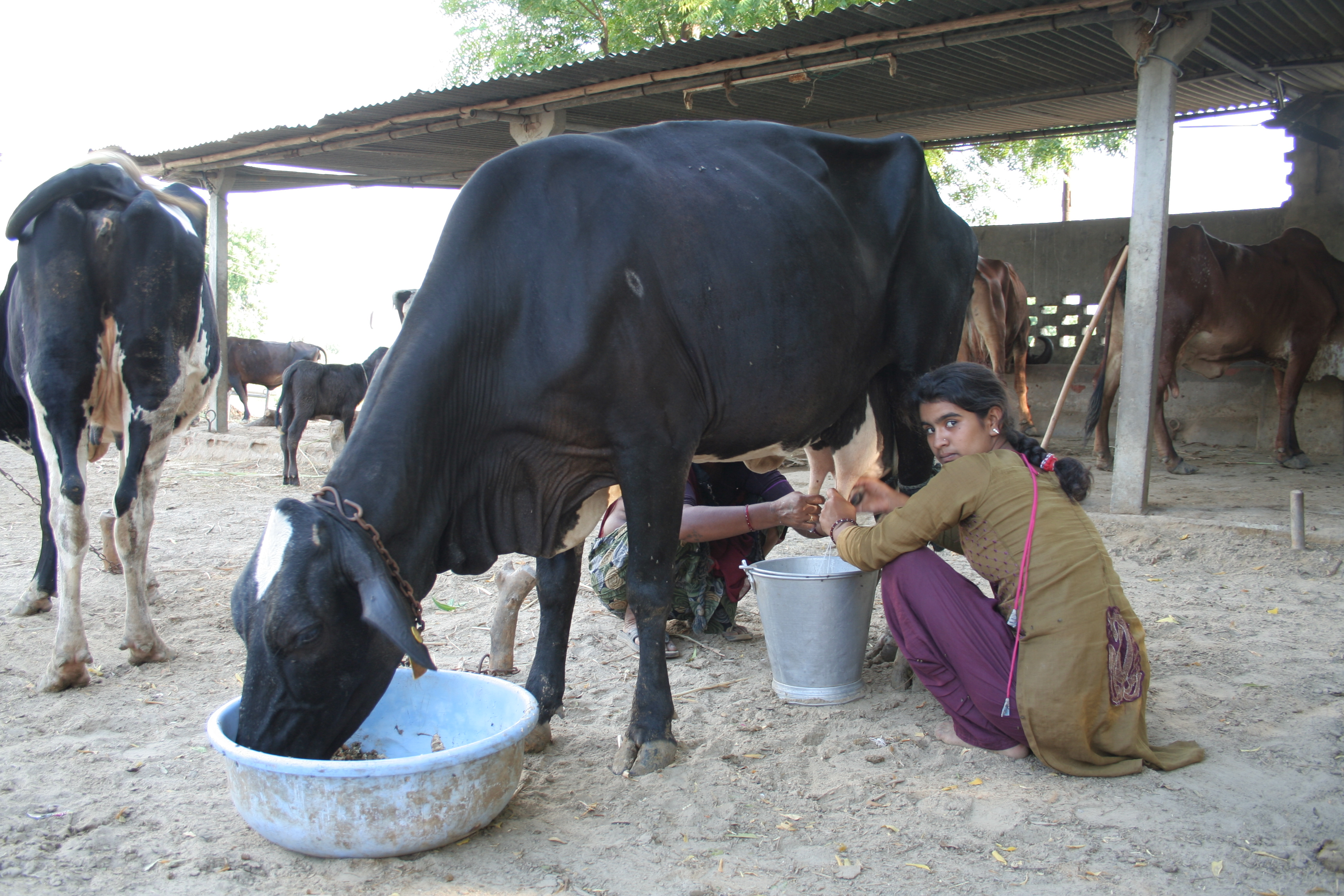
However, his reputation as a no-nonsense and rule-abiding civil servant really took off in 2013 when as Director General of School Education, he exposed serious corruption in the purchase of books and science kits for primary and upper primary students, worth crores.
Pannu faced off with the then Akali Dal government education minister Sikandar Singh Maluka over the procurement process of school material.
The IAS officer blew the lid on this apparent case of corruption when he found that the contract for publishing textbooks to be used in school libraries was given to a pipe factory based out of Sardulgarh. These textbooks were supplied at inflated rates.
For his decision to challenge the minister, Pannu was transferred out of the education department, while many in the opposition clamoured for the minister’s expulsion.
Fortunately for the state, this IAS officer has found favour with the current administration, until he probably faces off with them one more time. For this straight-talking officer, this is inevitable, but for the time being there is a place for such civil servants.
(Edited by Gayatri Mishra)
Like this story? Or have something to share? Write to us: [email protected], or connect with us on Facebook and Twitter.Exclusive: What Should The Future of The IAS be? Here’s What Officers Have to Say

Similar Story

Ex-IRS Officer’s Free UPSC CSE Course Eliminates Need for Paid Coaching
An IRS officer-turned-educator, Ravi Kapoor has mentored thousands of UPSC aspirants for free. Taking upon his 10 years of bureaucratic experience and masters in clinical psychology, Ravi’s approach to UPSC mentorship has always kept mental fitness and motivation in focus.
Read more >
If you found our stories insightful, informative, or even just enjoyable, we invite you to consider making a voluntary payment to support the work we do at The Better India. Your contribution helps us continue producing quality content that educates, inspires, and drives positive change.
Choose one of the payment options below for your contribution-
By paying for the stories you value, you directly contribute to sustaining our efforts focused on making a difference in the world. Together, let's ensure that impactful stories continue to be told and shared, enriching lives and communities alike.
Thank you for your support. Here are some frequently asked questions you might find helpful to know why you are contributing?


This story made me
-
97
-
121
-
89
-
167












